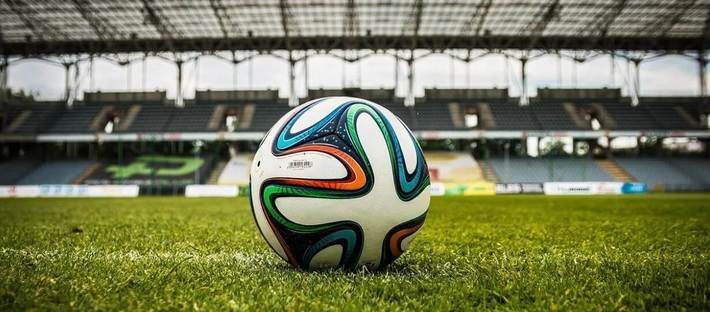VR technology to practice heading a football may reduce later life dementia
- Researchers at Man Met trial VR technology to practice heading in football with aim to reduce dementia in later life
Scientists from MMU are trialling a virtual reality program designed to train footballers heading a ball without being exposed to the long-term effects.
Research has shown that footballers are 3.5 times more likely to develop dementia throughout their lifetime, suggesting a link between neurodegenerative diseases.
New guidance which started at the beginning of the current (2021/2022) season limits professional footballers to a maximum of 10 headers in training per week.
Children are introduced to headers at aged 12 where they have one session a month to practice a maximum of five headers.
Player 22 is a VR program created by cognitive development and analysis company Rezzil, aiming to improve the user’s heading technique while removing the impact of a football to the head.
Research being conducted at MMU is to find out whether using VR to improve heading can provide more of a benefit than doing no practice at all, and finding out how close the magnitude of the training effect is between virtuality and real training.
There are three groups of 15 people in the study, a control group who complete a heading test and receive a score on how good they are at heading.
They go away for seven to 10 days, with no training, and come in to retake the test to see if they have improved.
They train for 30 minutes using the VR heading game before returning to redo the real heading test.
Accurate
The early stages of the study indicate some differences between the groups.
Dr Greg Wood, senior lecturer at MMU, said: “We’ve done about 10 participants in the control group who didn’t train, and so far, have found an increase of 5% in their performance.
“Performance is measured by how many goals the participant scores and how accurate the header is.
“The improvement from this group could be due to them getting used to the task and their surroundings and being more comfortable.
“Only two participants from the VR training group have been taken through the process so far but show encouraging signs as they have recorded an increase in performance in the region of 15-20%.”
Dr Wood, hopes research can benefit more than just professional athletes and elite academies.
“It’s pretty low cost for a headset at around £300, so for a football club of 18 players, it’s not too expensive,” he said.
“When you factor in the issue we are trying to resolve, it might be particularly important for young players and female players as they have weaker neck muscles.”


